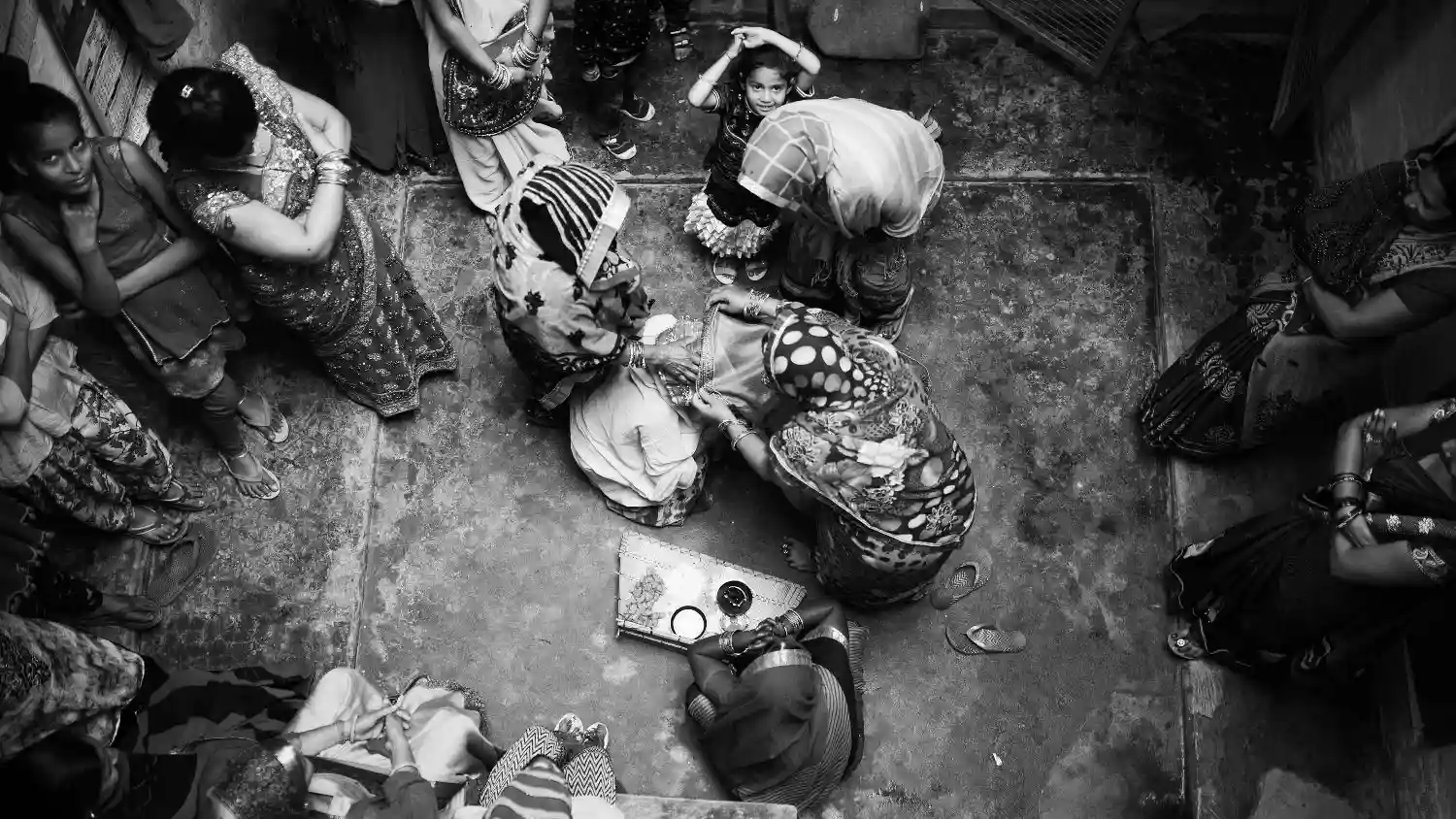Sweetness and stigma – How Indian families tiptoe around diabetes

Growing up in an Indian household, I learned early on that silence can speak volumes – Especially regarding health.
When my father was diagnosed with type 2 diabetes, our family’s initial response wasn’t panic or problem-solving. Instead, it was quiet, cautious, discomfort. The kind that hangs in a room when someone says something that no one wants to address.
At family gatherings, the subject of his diabetes was met with awkward pauses and abrupt topic changes. No one directly asked how he was doing, whether his blood sugar levels were stable, or how he was managing emotionally. It was as if the diagnosis carried with it a quiet shame.
What baffled me most about this is that diabetes isn’t rare in Indian communities. It’s shockingly common – So why was my father’s diabetes treated like a taboo?
Identifying the problem
Eventually, I realised that in many Indian households, chronic illnesses are viewed as a personal failure. People assume you must have done something wrong (like you ate too many sweets, didn’t exercise, ignored advice, etc.)
My father held this belief deeply. He felt like he’d caused his own suffering. He blamed himself for not taking better care of his health, and for letting things spiral. He was ashamed, not just from the diagnosis but from the judgement he feared he’d receive (and sometimes did).
I noticed relatives would say things like, “He was always fond of sweets, no?” or “He’s always been a bit lazy about walking,” – I don’t think they meant to be cruel, but their words carried a weight of blame.
Even those trying to be helpful just made things worse. At a cousin’s wedding, someone handed him a plate of rasgulla and said with a wink, “Aaj toh chalta hai, na?” (Today it’s okay, right?) – It was meant as a kindness, but it came across as pressure.
But without clear boundaries and conversations, and carrying shame, my father started hiding things (I once found a packet of laddoos tucked under his bed). He didn’t want to disappoint anyone by saying no, and he didn’t want me scolding him for giving in.
That’s when it hit me – The problem wasn’t his diabetes. It was how we were all dancing around it.
Changing the narrative
At first, I tried to gently correct people. I’d say, “Sweets aren’t harmless for him,” or “He’s trying hard, so please don’t tempt him.”
But this was often brushed off or met with rolled eyes – “You’re making a big deal out of nothing,” or “Sab thoda bahut khate” (Everyone eats a little).
I began to wonder if I was being too sensitive. But then I realised I was just being honest. And honesty in Indian families, especially around uncomfortable topics, can feel radical.
That’s when I decided to change how we talked about my father’s diabetes.
Instead of waiting for someone to bring it up (and then dance around it), I brought it up myself. At dinners, I’d say, “We’ve made a sugar-free version so Papa can enjoy it too.” I’d share tips I’d read about managing blood sugar. I even began posting small reflections on our WhatsApp family groups.
I expected silence or maybe mild irritation. What I got instead surprised me – Relatives started opening up:
- An uncle admitted he’d been avoiding a diabetes screening for years because he “didn’t want to deal with the drama”.
- A cousin messaged privately to say she had gestational diabetes but didn’t feel comfortable telling the elders.
Bit by bit, the cracks in the silence grew wider, and my father started to feel less alone. Instead of being treated like someone with a ‘problem’, he became part of the conversation. He even joined a support group and began looking forward to sharing his learnings. For the first time, I saw him reclaim some power from his illness.
Final thoughts
While things are better now, it hasn’t all been smooth sailing. Old habits die hard, and there are still moments when someone pushes mithai into his hands, saying, “Bas thoda sa,” (Just a little).
The difference is we’ve learned to handle them better. My father now politely says no, without feeling any guilt. And I back him up without embarrassment.
The biggest shift is emotional. When we stopped pretending everything was fine, we could actually help. My father became more open about what he was struggling with (his cravings, frustrations, fears that his body was betraying him, etc.). And I became more patient, learning to treat him not like a problem to fix but rather as a person to walk alongside.
In many Indian families, illness can be seen as a weakness. But silence is the real weakness. It isolates, confuses, and slows healing.
Breaking that silence, even a little, makes space for understanding and support.
Looking for more stories like this?
Lisa’s father is a type 2 diabetic. But for a long time he didn’t accept his disease. She had to work with him, to get his health back on track.
Misba’s mother is a type 2 diabetic. But together they’ve learnt that managing diabetes is about more than just physical health. It needs emotional health too.
Misba’s mother is a type 2 diabetic. But by making holistic lifestyle changes, supported by her family, her diabetes is well-managed and her health is improved.








